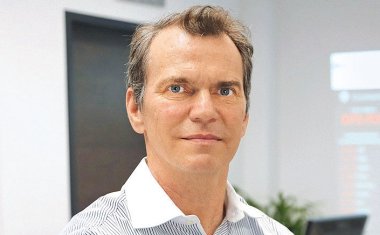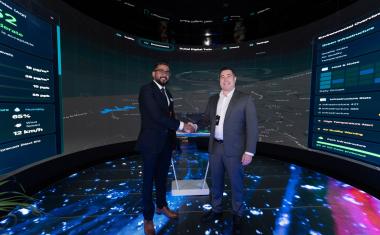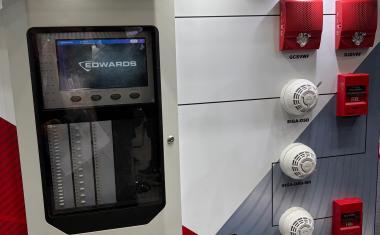Attacks against educational institutions in northern Nigeria: Barriers to reform
In the sixth edition of The Market for Explosives, Weapons and Contraband (EWC) Detection Equipment report, IHS expects the global education industry to grow by a CAGR of 1.2% to $...
In the sixth edition of The Market for Explosives, Weapons and Contraband (EWC) Detection Equipment report, IHS expects the global education industry to grow by a CAGR of 1.2% to $19.8 million in 2018. The slow growth is the result of sluggish adoption of people-screening technology at educational institutions worldwide. However, IHS found the Middle East and Africa people screening market to be one of the better performing regions, worth more than $18 million in 2014 with a CAGR of 9.4% from 2013 to 2018.
Despite recent attacks on educational institutions, especially in Nigeria, the African continent is expected to remain a small percentage of the Middle East and Africa region as a result of limited investment. The lack of investment highlights fundamental issues, especially within Nigeria, where a lack of, or poor security measures, have been unable to prevent attacks on educational institutions.
For example, Boko Haram (Jama'atu Ahlis Sunna Lidda'Awati Wal-Jihad), which means 'Western education' is forbidden, has targeted schools as part of a deadly five year campaign aimed at establishing an Islamic state in Nigeria. The most recent attack occurred on November 10 in the town of Potiskum, in Yobe state, where 46 students were killed when a suicide bomber detonated explosives in an assembly hall at the Government Sciences Secondary School.
Despite Nigeria's transition to democratic governance in 1999, a lack of government transparency and accountability, coupled with a monolithic economy that is overly dependent on oil exports, has resulted in ill equipped, poorly funded institutions which struggle to deal with internal security concerns. Structural reforms to improve the security environment in Nigeria have been proposed by the Economic Community of West African States (ECOWAS), and the United Nations (UN) adopted Resolution 2151 in April of 2014, to affirm the importance of security sector reform in Nigeria. Resolution 2151 calls for the allocation of adequate national resources, including funding, to accomplish the structural security reforms needed to combat Boko Haram violence in northern Nigeria.
IHS expects recent declines in the price and export volume of oil in Nigeria to have a negative effect on the security reform process. Taxes generated from oil revenues constitute a substantial portion of Nigeria's budget and in 2014, the United States, the largest importer of Nigerian oil, substantially reduced imports of oil due to increased production of domestic oil.
Overall, IHS expects that international assistance for Nigeria will be required to supplement further adoption of people screening equipment in the country. For example, Nigeria is a member of the Trans-Sahara Counterterrorism Partnership (TSCTP), a United States funded program designed to enhance regional security sector capacity to counter violent extremism, improve country and regional border and customs systems, and build law enforcement and security sector capacity to deal with threats. As a result, manufacturers should expect to find opportunities within Nigeria due to international funding efforts; however, these opportunities will remain limited and hinge primarily on export oil prices and local policy reforms. While IHS' outlook for Africa is somber, the Middle East is expected to see continued growth through 2018, due to new investments in the aviation and critical infrastructure industries which are expected to result in continued growth in the region.








